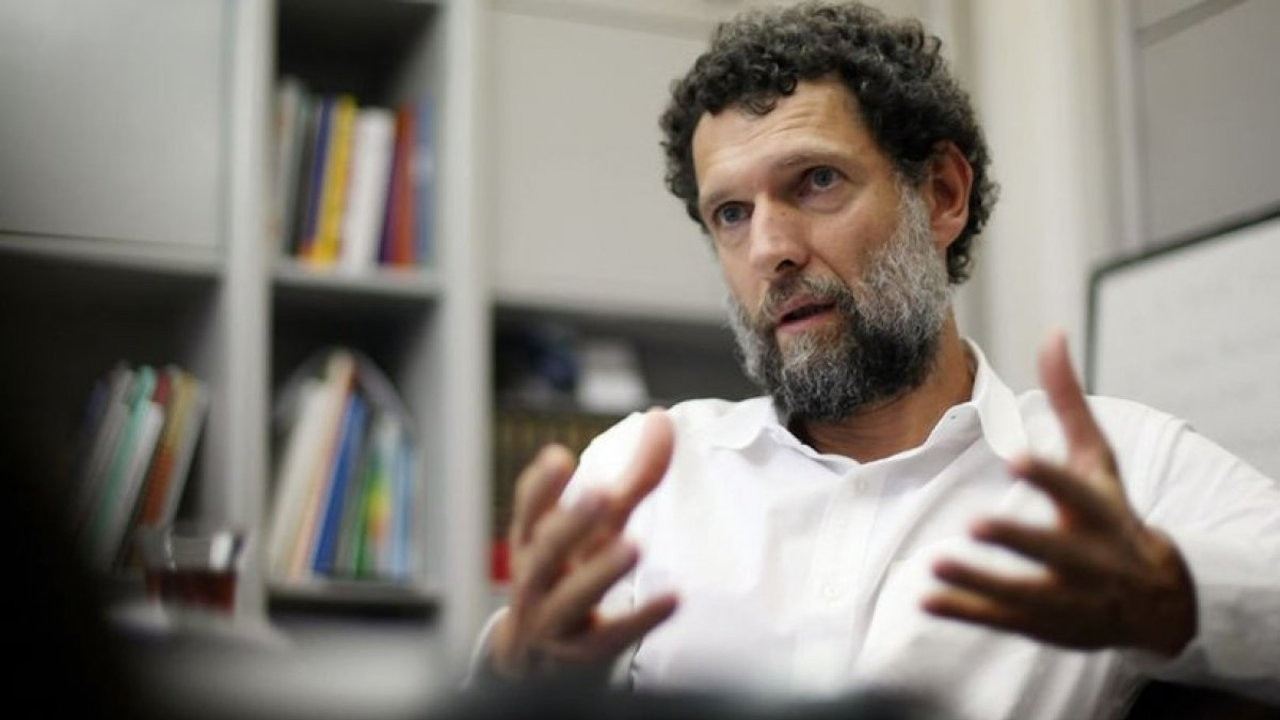ECHR releases schedule for infringement process against Turkey in Osman Kavala case
The European Court of Human Rights (ECHR) has given the Council of Europe's Committee of Ministers, Turkey and Osman Kavala until April 19 to submit their written comments with regards to the philanthropist's case.
Duvar English
The European Court of Human Rights (ECHR) on Feb. 23 released the schedule for the infringement process against Turkey with regards to the case of philanthropist Osman Kavala.
Turkey, Kavala and members of the Council of Europe's Committee of Ministers will be able to submit their views to the ECHR until April 19, according to the schedule.
Following Turkey's repeated refusal to comply with the ECHR's ruling, the Committee of Ministers referred the case to the ECHR Grand Chamber on Feb. 2. The court announced that it officially received the file on Feb. 21.
Accordingly, the ECHR will establish whether Turkey has violated the European Convention on Human Rights. If the court rules that Turkey has not fulfilled its obligations by international laws, then the Committee of Ministers will decide on the sanctions to be implemented against the country.
“If the Grand Chamber finds a violation because of a failure by Turkey to abide by the ECHR’s 2019 judgment in the case, it will refer the case back to the Committee of Ministers for consideration of the measures to be taken. A finding of no violation would also lead to the case being referred back to the Committee of Ministers, which then closes its examination,” the court said in its press release.
Turkey is a founding member of the council and could lose its veto and voting rights at the end of the infringement procedure.
This is the second time the ECHR has applied the infringement procedure. The ECHR first sentenced Azerbaijan in 2019 for not releasing opposition politician Ilgar Mammadov.
Kavala was arrested in 2017 on charges that he helped to plan the 2013 Gezi Park protests in Turkey. He was cleared of these charges in February 2020 but immediately arrested on charges that he orchestrated the July 2016 coup attempt. Kavala has been held in pre-trial detention for over four years without a conviction.
In 2019, the ECHR said Kavala's ongoing imprisonment was political and called on Turkey to free him.

 Turkish court rules to keep Osman Kavala in jail despite Council of Europe moveHuman Rights
Turkish court rules to keep Osman Kavala in jail despite Council of Europe moveHuman Rights